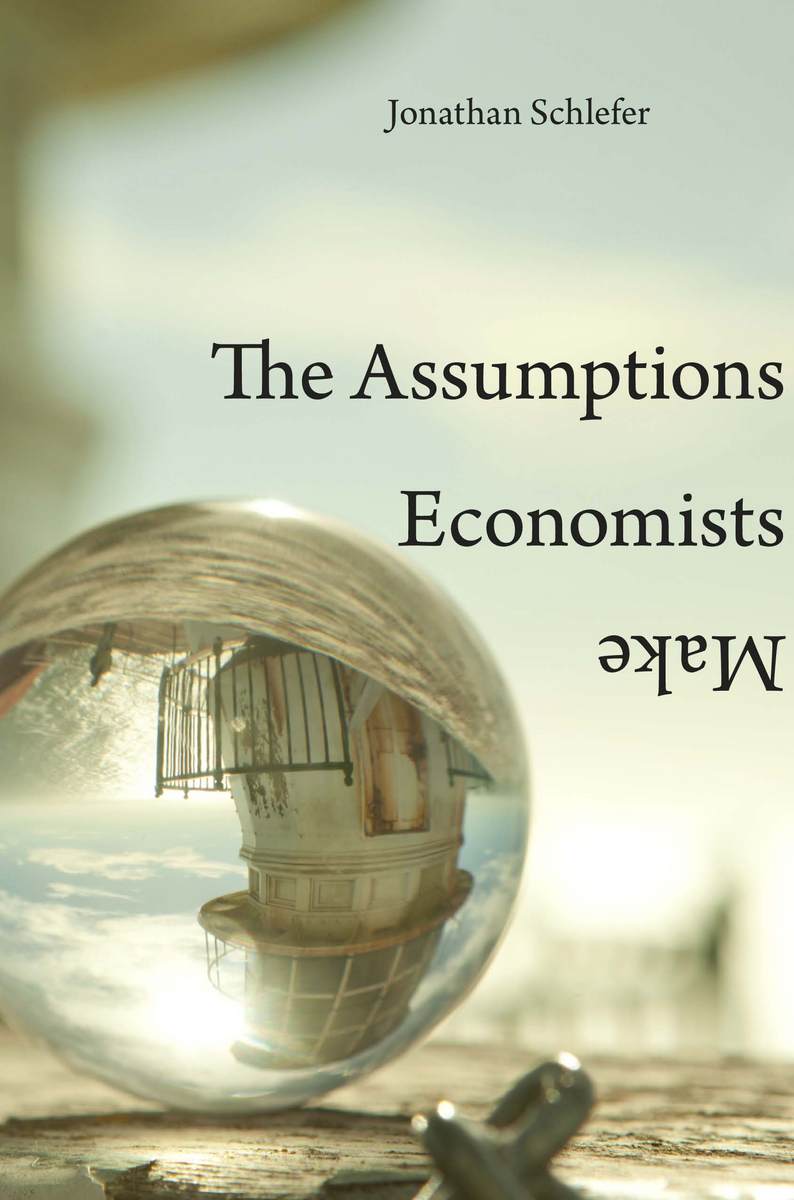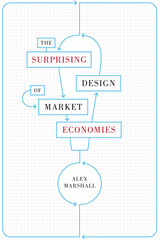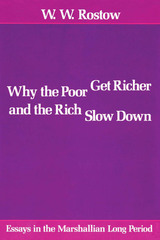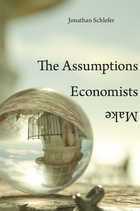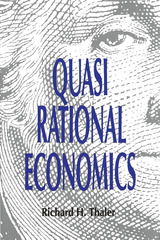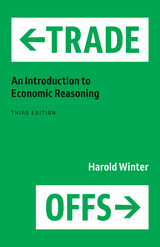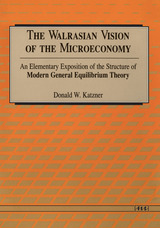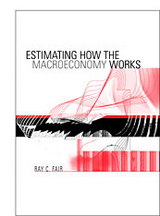Cloth: 978-0-674-05226-0 | Paper: 978-0-674-97540-8 | eISBN: 978-0-674-06552-9
Library of Congress Classification HB171.S376 2012
Dewey Decimal Classification 330
Economists make confident assertions in op-ed columns and on cable news—so why are their explanations often at odds with equally confident assertions from other economists? And why are all economic predictions so rarely borne out? Harnessing his frustration with these contradictions, Jonathan Schlefer set out to investigate how economists arrive at their opinions.
“A lucid, plain-spoken account of the major economic models, which [Schlefer] introduces in chronological order, creating a kind of intellectual history of macroeconomics. He explains what the models assume, what they actually demonstrate—and where they fall short.”
—Binyamin Applebaum, New York Times blog
“Fascinating...[Schlefer’s] book is a tough critique of economics, but a deeply informed and sympathetic one.”
—Justin Fox, Harvard Business Review blog
“This book is an impressive and informative analysis of the economics literature—and it presents some useful insights about how a more eclectic, catholic approach might allow economics to progress more convincingly into the future.”
—Michelle Baddeley, Times Higher Education
“The Assumptions Economists make [is] a knowledgeable...broadside against neoclassical economics...Schlefer’s gripes concern model-building run amok...His criticisms of these models are original and sophisticated.”
—Christopher Caldwell, Literary Review
See other books on: Comparative | Economics | Economists | Schlefer, Jonathan | Theory
See other titles from Harvard University Press
